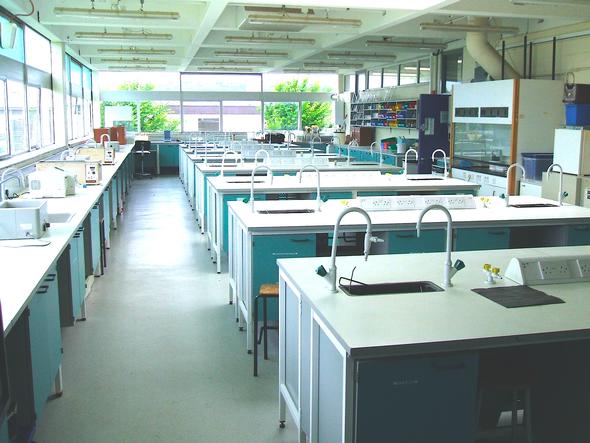Offering students the opportunity to secure a premier biological qualification
Laboratories
Infrastructure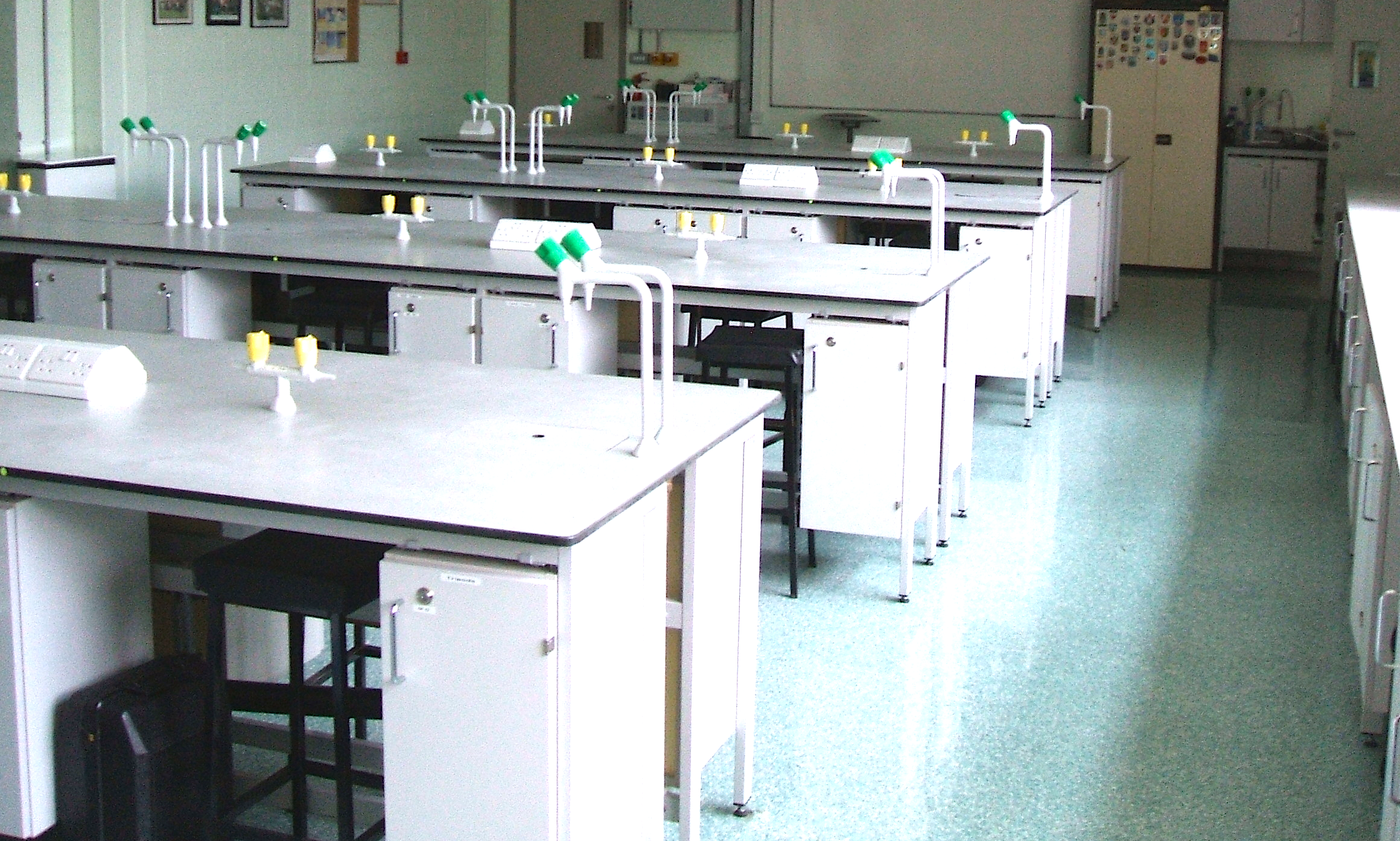
Within the Department of Biological Sciences we have 3 fully equipped teaching laboratories which are maintained and serviced by our techincal support team. The laboratories function as an excellent learning environment for students of Biological Sciences. and are fully equipped with industry standard instrumentation.
Skills training
Students typically spend 50% of their time in the teaching laboratories learning fundamental skills and improving their technical competency. Employers frequently remark on our graduate's proficiency in the laboratory. This is attributable to the conducive learning environment created in the laboratories and to the strong emphasis placed on developing practical skills as a key part of all our undergraduate programmes.
Equipment / resources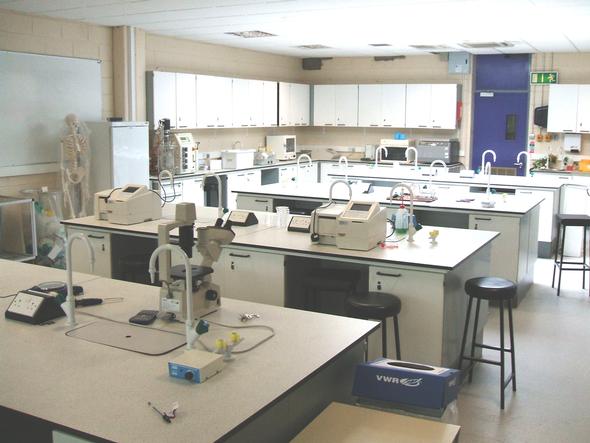
Our laboratories are equipped and serviced to a very high specification. All standard equipment including light microscopes, spectrophotometers, incubators, water baths, plate readers, automatic pipettes, biological hoods etc are available and used throughout our practicals.
Bio-analysis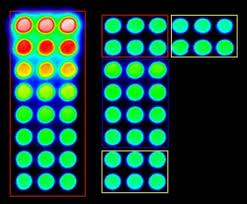
Many of our graduates gain employent as analysts. Consequently much of our undergraduate teaching programmes is dedicated to developing core analytical skills. Students are routinely trained in how to isolate and characterise specific bio-material (such as glucose, protein bio-markers, DNA etc) from a variety of biological sources including cellular material, bacteria and natural products such as food and plants.
Specialised resources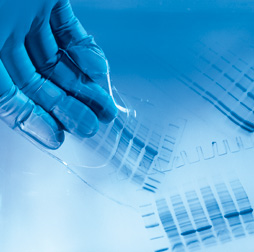
As students progress throughout the undergraduate programmes, the level of detail in the practicals increases which requires more specialised training. Our laboratories are also equipped with more sophisticated technologies including fermentation units, molecular analysis instrumentation (PCR machines etc), cell culture facilities, bio-separation apparatus and cellular engineering technologies.
This becomes particularly useful for students as they undertake their 4th year final project component.

